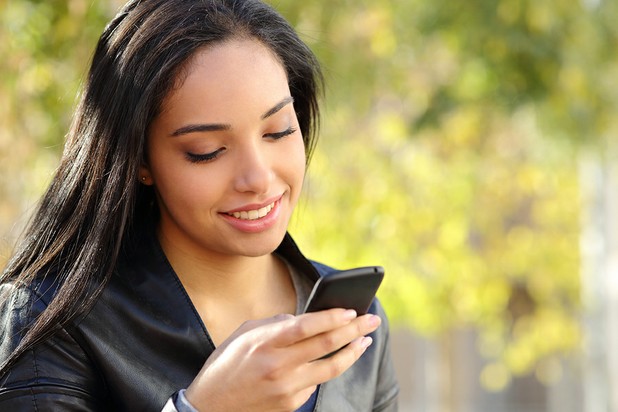- Story Highlights
-
- Mental Health Tracking: Passively collected data from your phone’s accelerometer, light sensor, microphone and location sensors provide enough data to identify mental illness warning signs.
- Sociability and Depression: Having more conversations per day correlates to decreased depression.
Experimental App: Using Passive Phone Data to Monitor Your Mental Health
Your phone’s accelerometer, microphone, location sensor and light sensors provide an app all the data it needs to identify mental health problems – in real time.
Dartmouth University Computer science researcher Andrew Campbell’s new app – Student Life – can track a person’s mental health in real time using passively collected smart phone data.
Though it’s still in the experimental stage, an app like this has enormous potential to serve as an early warning mechanism for people prone to depression and other mental illnesses.
How Does It Work?
The research team had 48 Dartmouth students test the app over a ten week course period. The app tracked and analyzed a wealth of data, most of it collected without any user interaction, by tapping into each phone’s microphone, accelerometer, light sensor and location sensors. For example:
- Your sleeping schedule – time to bed, sleep duration and wake up schedule.
- Your degree of physical activity – total time spent walking, running, sitting and standing.
- The amount of time spent indoors and outdoors.
- The total number of conversations per day, as well as conversation duration.
- The number of people located around you throughout the day (sociability measure).
- Stress levels.
- App usage.
- Eating habits.
- Mood - measured by prompts and user responses.
The Results
Some of the findings:
- Students who had higher sociability scores reported less depression.
- Students with greater levels of physical activity felt less lonely.
- Students with greater sociability had higher grades.
- Students with greater late night activity had lower grades.
Applications
Though for the pilot study the app provided no user feedback, apps like this could provide individual and macro-level feedback.
- At the individual level, a wellness tracking app could respond to worrisome data indicators with prompts warning about excessive partying, poor sleep habits, a need for more socializing, better eating habits or a need to make an appointment with a mental health professional.
- At the macro level, such as on a college campus, aggregate data could help health professionals identify periods of excessive stress and implement measures to improve overall well-being.
Although there are many potential uses for this type of data, the researchers acknowledge that privacy issues are a concern.


